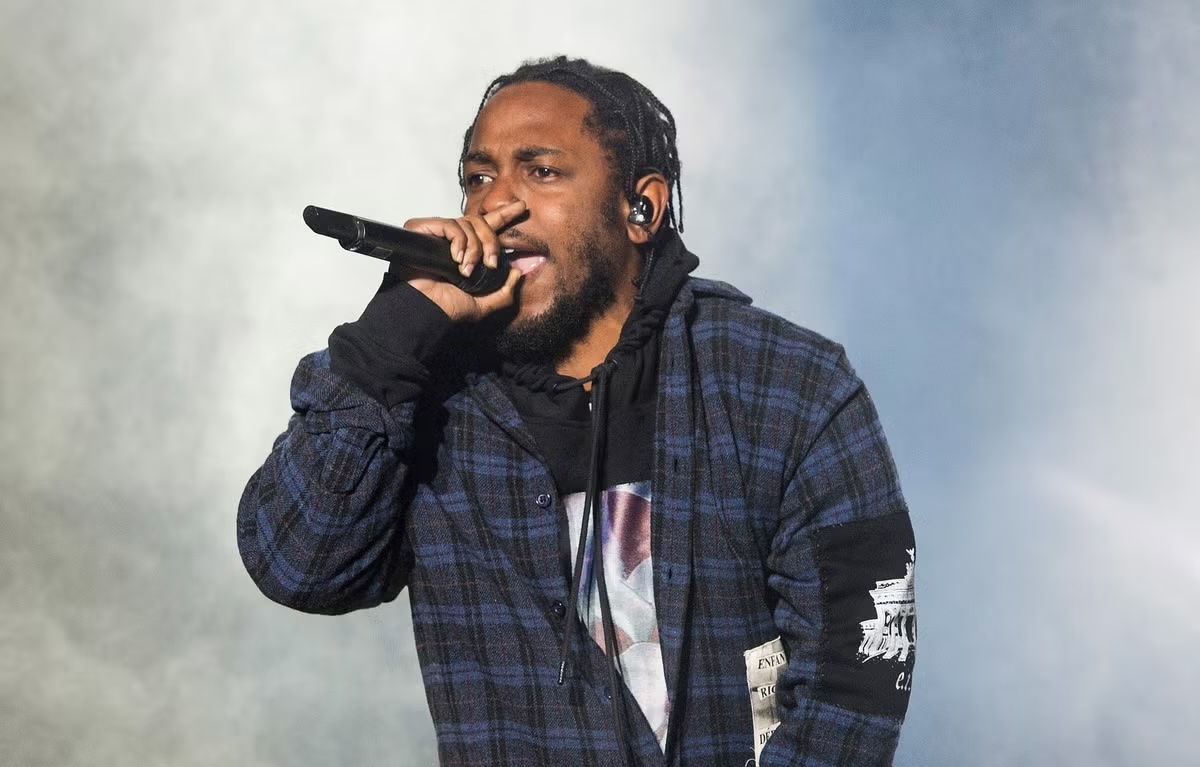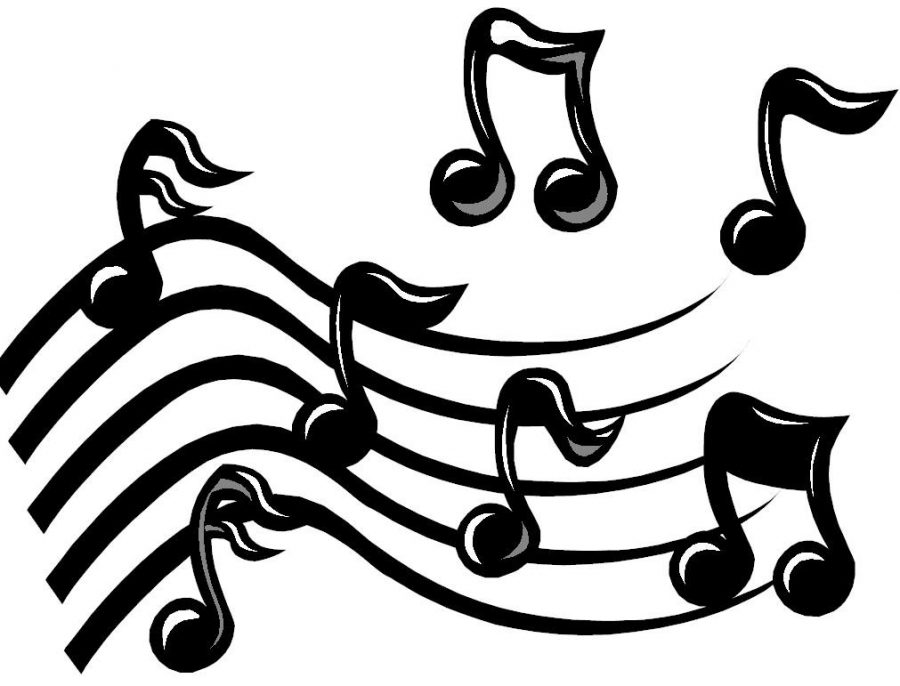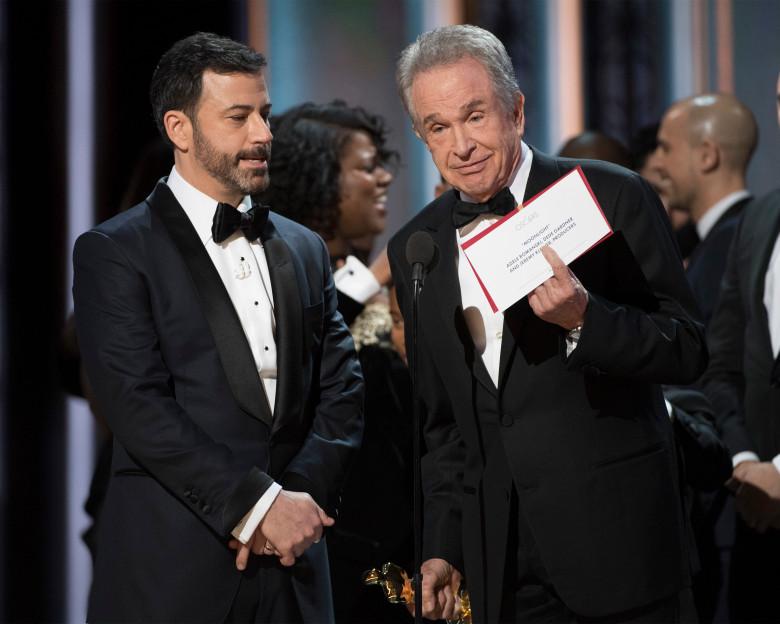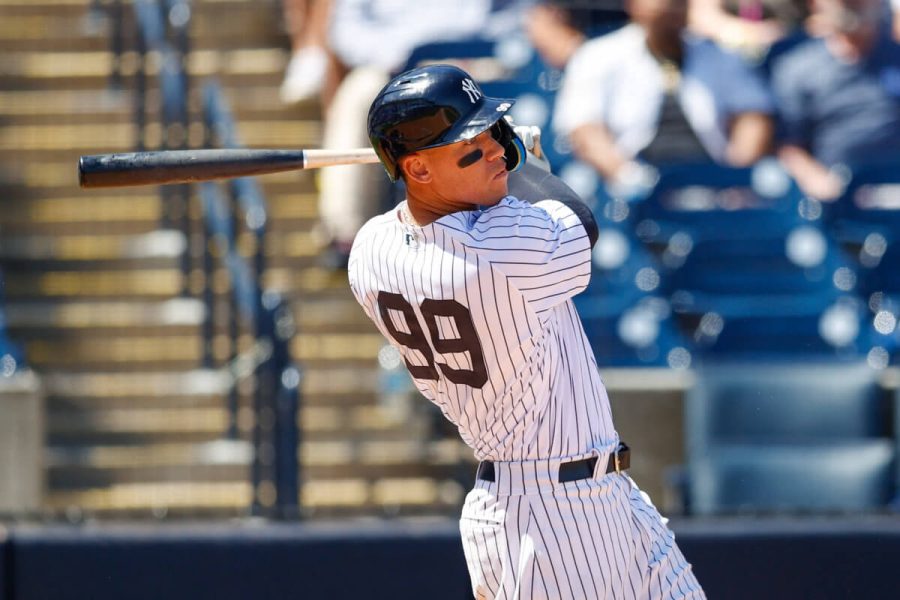The Drake vs. Kendrick Lamar debate has raged on for over a decade, with fans of both artists passionately defending their favorites. Both have shaped the landscape of hip-hop in their own unique ways, but they each approach the genre from different angles. While Drake is known for his catchy hooks and mainstream appeal, Kendrick Lamar has carved out a reputation as one of the most introspective and thought-provoking lyricists of his generation. But who’s the better artist? Let’s hear from a few different voices—each with their own perspective on the matter.
For Nick, a 25-year-old from Brooklyn, Kendrick Lamar is the clear winner when it comes to speaking to the people. “Kendrick is the voice of the voiceless,” Nick says with conviction. “He uses his music to address the struggles of everyday people, especially those from marginalized communities. His lyrics aren’t just about flexing or partying—he’s telling stories that matter, like the pain of growing up in Compton or the pressures of being a Black man in America. Albums like To Pimp a Butterfly and DAMN. are like social commentaries. They force you to think. He’s out here making cultural statements and addressing real-world issues. People like Drake might make good party songs, but Kendrick is actually out here giving us food for thought. It’s not just music—it’s an experience. He speaks to the culture and the times we’re living in. Drake’s songs might slap, but Kendrick’s lyrics resonate on a deeper level.”
Nick’s argument points to Kendrick’s ability to elevate the genre by making it a platform for socio-political commentary, addressing racism, inequality, and mental health. While both artists are successful, Nick believes Kendrick’s authenticity and raw storytelling make him the better choice for fans looking for music with more than just entertainment value.
On the other side of the debate, we have Anna, a 21-year-old college student who is all about the vibes. “Look, Kendrick’s great, but when I’m trying to vibe out, I’m putting on Drake,” Anna explains, her tone light but firm. “His music is just so easy to listen to. Whether I’m studying, hanging out with friends, or getting ready for a night out, Drake’s songs fit the moment. He knows how to make catchy hooks, infectious beats, and bangers that just slap. Everyone can sing along to God’s Plan or Hotline Bling—they just have that energy that makes you feel good.”
Anna emphasizes Drake’s ability to seamlessly blend rap and R&B, making him more versatile than Kendrick in terms of mainstream appeal. “With Drake, you don’t always have to think too much. Sometimes you just need something to get you in the right mood, and he’s perfect for that. He’s the king of hits—whether it’s In My Feelings, One Dance, or Nonstop, he always knows how to make a song that gets stuck in your head. That’s the type of music that everyone from your mom to your little brother can enjoy. He’s got something for everyone. Kendrick’s music is great, but it’s definitely more of a mood. Drake’s just more universal.”
For Anna, the key difference between the two artists is their accessibility. Drake’s versatility allows him to transcend genres and appeal to a broader audience, making him the more “listen-friendly” artist, particularly for casual listeners who don’t necessarily need deep, heavy lyrical content.
Lastly, I had to get someone who’s been around from the beginning’s opinion, Reginald, a 55-year-old who’s been listening to hip-hop since the genre’s inception. As an “old head,” Reginald has a deeper respect for what Kendrick brings to the table. “I’ve been around since the days of Tupac, Biggie, Nas, and Jay-Z. That’s when hip-hop was about the bars—the wordplay, the storytelling, the lyrical ability. And when I look at Kendrick, he’s the closest thing we’ve had to that since the greats. He’s got more bars than almost anybody out right now.”
Reginald points to Kendrick’s intricate rhyme schemes and clever metaphors. “Kendrick’s flow is crazy. Listen to Section.80 or good kid, m.A.A.d city—he’s just on another level with his technical skills. He’s not just rapping; he’s painting pictures with his words. Every line has meaning. I can’t say the same for Drake. Drake makes great records, but Kendrick is more hip-hop in the traditional sense. He respects the art form, and he brings that authenticity to every project.”
For Reginald, the comparison is simple: Kendrick is the true embodiment of what hip-hop was built on. While Drake may be a better crossover artist, Kendrick carries the torch of the genre’s roots, pushing the boundaries of what rap music can achieve. To Reginald, it’s not just about making hits; it’s about staying true to the culture and maintaining hip-hop’s integrity.
In the end, there is no definitive answer to the Drake vs. Kendrick Lamar debate—it all comes down to personal preference. For those like Nick, Kendrick is the more powerful artist because of his ability to address societal issues and offer deeper reflections on life. Anna sees Drake as the more accessible choice, the artist who provides a soundtrack for life’s everyday moments and delivers undeniable hits that connect with a wide audience. And for Reginald, Kendrick’s technical prowess and respect for hip-hop’s origins make him the true heir to the throne.










